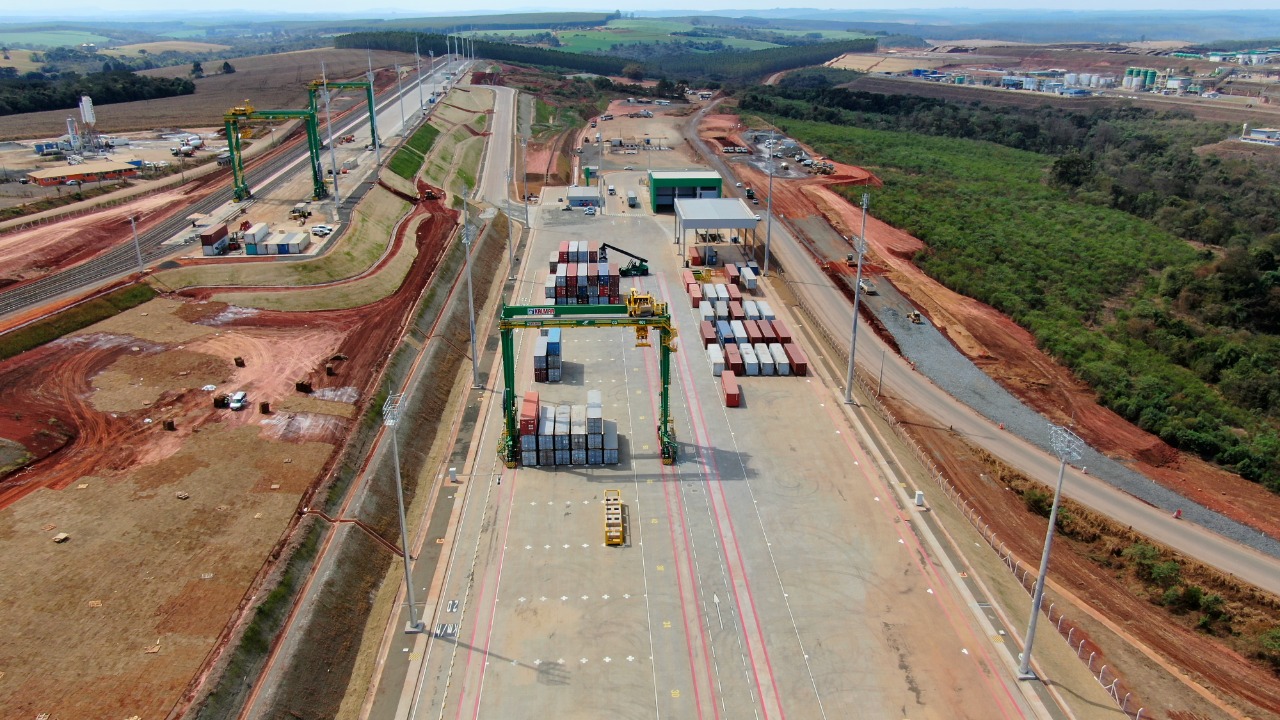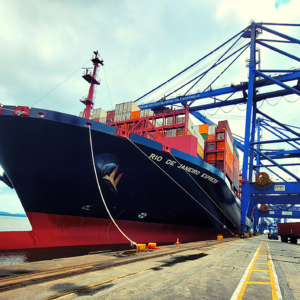Company bets on container and rail transport to ship its production of pulp, cartonboard and cardboard packaging
The only producer of three types of pulp in the country, the largest manufacturer of corrugated boxes and the main supplier of packaging paper, Klabin is on its way to consolidating a logistics mega-complex in the Port of Paranaguá (PR), which by 2023 will have a capacity of 3 million tons per year.
After starting the largest private operation of non-refrigerated containers in the country, in 2021, the company plans to inaugurate a new terminal by January of next year, according to Roberto Bisogni, the company’s Director of Operational Planning and Logistics. The lease, won in 2019 in a federal government auction, should add an additional capacity of 1.25 million tons per year.The new terminal adds to a large logistics structure in Paranaguá in which the company has been investing in recent years.
The company already had, since 2016, a first private terminal, located 5 km from the port. The main expansion was made last year, with the inauguration of the so-called KBT project, which received investment of R$ 300 million. Besides the construction of a new terminal, an operation was structured in partnership with TCP (Paranaguá Container Terminal) and Brado Logística (Rumo’s), to connect by rail the Puma unit, in Ortigueira (PR), to Paranaguá.
This investment has already been reflected in the movement of cargo in Paraná. From January to July, paper and pulp exports from the state rose 21% in the year to
July, to more than 1 million tons, according to Secex data.
In the first year of operation, the KBT project handled a little over 16,000 containers for export, increasing by 40% the transportation of cargo by rail in Paraná, according to company data. With the entry into operation of the first machine of the Puma II project this year, about 20,000 containers will have been exported by December.
“KBT is part of a megainvestment to connect the Telêmaco Borba [Monte Alegre] and Ortigueira units to the port of Paranaguá. The investment in the railway modal took into account costs, sustainable appeal and the strategy of not overloading the road infrastructure in the region,” says the executive.
The current capacity of the terminal, of 5 thousand containers per month, is already sufficient to handle the expansion planned for the Puma II unit in 2023, when a new card machine will start operating. And, even if new expansions are approved in the future, KBT will still be able to absorb additional volume increases, he says.
With investments of R$ 12.9 billion up to 2023, the Puma II project contemplates two paper machines integrated with pulp production and corresponds to the biggest disbursement ever made by Klabin. MP 27, which went into operation a little over a year ago, produces Eukaliner, the world’s first kraftliner made exclusively from eucalyptus pulp. The MP 28, which starts operating in 2023, will produce packaging board and was born with a vocation for exports.
For TCP, controlled by China Merchants Port, Klabin already represents today 4.7% of the terminal’s exports. In 2023, with the start of operation of the second machine of the Puma II, the share should increase to 7.1%. “To get an idea of the magnitude of KBT, Paranaguá should surpass the Port of Santos in volume of cargo arriving by rail from this new project,” says Mateus Campagnaro, marketing and logistics manager at TCP.
The new terminal leased by Klabin in Paranaguá, which starts operating soon, will be used to handle loose cargo, mainly from the first phase of the Puma project. Besides this, it will serve as an outflow alternative for Puma II. The terminal will also have a rail connection.
“In recent years, due to the logistical bottlenecks and the lack of containers, the group developed shipping alternatives. We resumed practices from the past, such as shipments of paper reels and fluff reels, which were not cargoes originally designed for breakbulk [fractional cargo],” says Bisogni.
The executive states that the logistical chaos unleashed from the pandemic is already starting to show signs of relief and that the trend is for gradual improvement.
“We are beginning to see positive signs, such as less difficulty in getting bookings for exports and the reduction of freight prices on the spot market [short-term], although Klabin has contracts with shipowners. But it is a much slower process than at the time of the rise. We won’t necessarily return to the previous level, but there is an improvement,” he says.
Check out the report on the Valor site.



